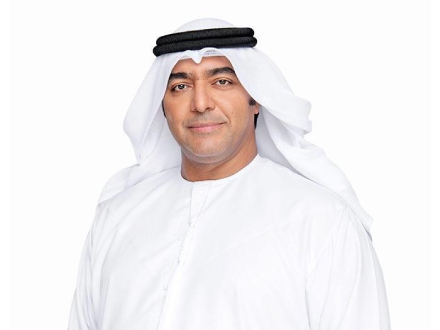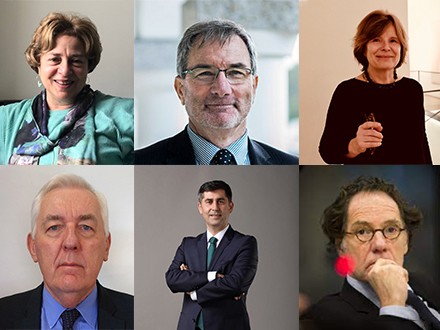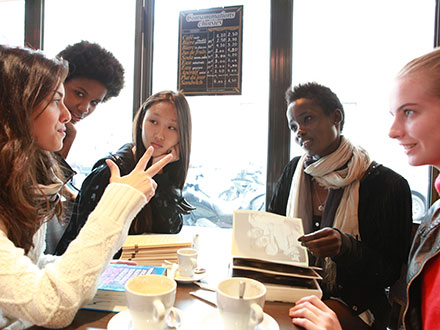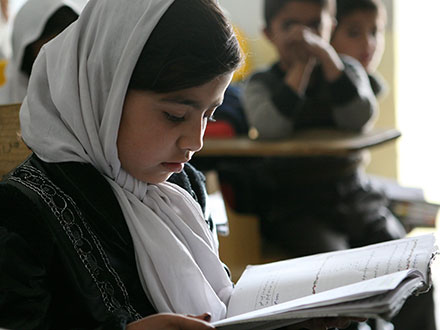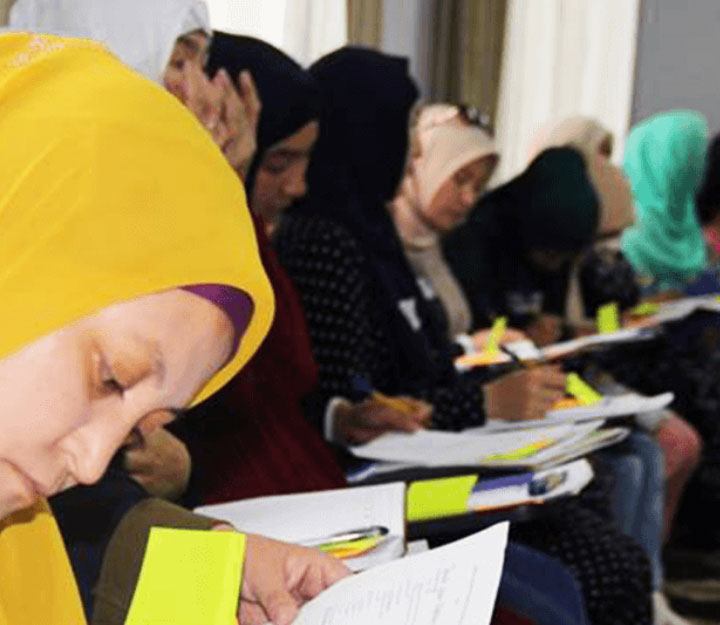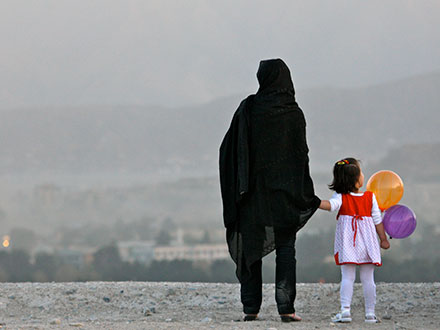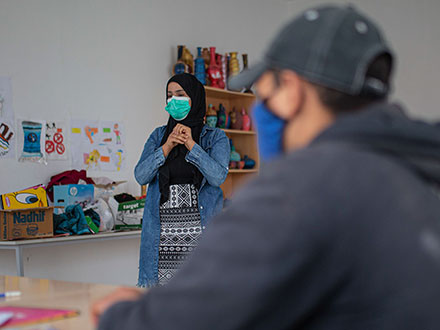NCTC, Partner hold 2-day Validation Workshop on Revised PFNAP for PCVE
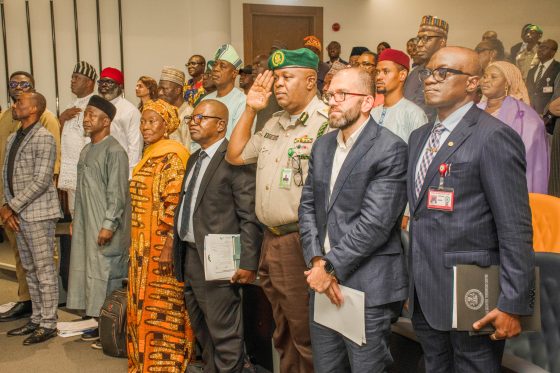
The National Counter Terrorism Centre (NCTC), Office of the National Security Adviser (ONSA), in collaboration with Hedayah International Centre of Excellence for Countering Extremism and Violent Extremism, held a 2-day validation workshop for the Preventing and Countering Violent Extremism (PFNAP for PCVE) from 23-24 September 2025.
In his remarks, the National Maj.-Gen. Adamu Laka (rtd.), National Coordinator of the National Counter Terrorism Centre (NCTC), said the updated strategy represents a shared national vision to guide Nigeria’s counter-extremism efforts for years to come. The counter-terrorism plan aims to build upon previous achievements and bolster national security.
“This validation exercise is not just about reviewing a document; it is about endorsing a shared vision that reflects our priorities and meets the highest international standards,” Laka stated.
He explained that since the first framework was launched in 2017, Nigeria has recorded progress through non-kinetic measures, including: early-warning systems, youth empowerment, counter-narratives, gender inclusion, and collaboration with civil society and religious leaders.
The revised plan, he said, would also address emerging threats such as socio-economic inequality, online radicalisation, climate pressures, and disruptive technologies within the scope of the counter-terrorism plan.
“Nigeria has long recognised that military responses alone cannot defeat violent extremism. By confronting the drivers, strengthening communities, and amplifying credible voices, we secure lasting peace,” he stressed.
The framework, he added, embeds gender and youth engagement, accountability, dialogue, education, and community-based approaches, ensuring human rights remain central to counter-terrorism efforts. Thus, the counter-terrorism plan is holistically designed to incorporate various societal elements.
The EU Ambassador to Nigeria, Gautier Mignot, called for effective implementation at state and local levels, stressing the importance of grassroots involvement to improve governance presence and avoid marginalisation.
Also speaking, the Emir of Kaura Namoda, retired Maj. Sanusi Kaura, said traditional rulers’ participation in designing the framework strengthened its legitimacy.
“We stand ready to mobilise our communities and ensure this policy succeeds,” he pledged.
The workshop will subject the draft framework for final scrutiny before formal adoption.

